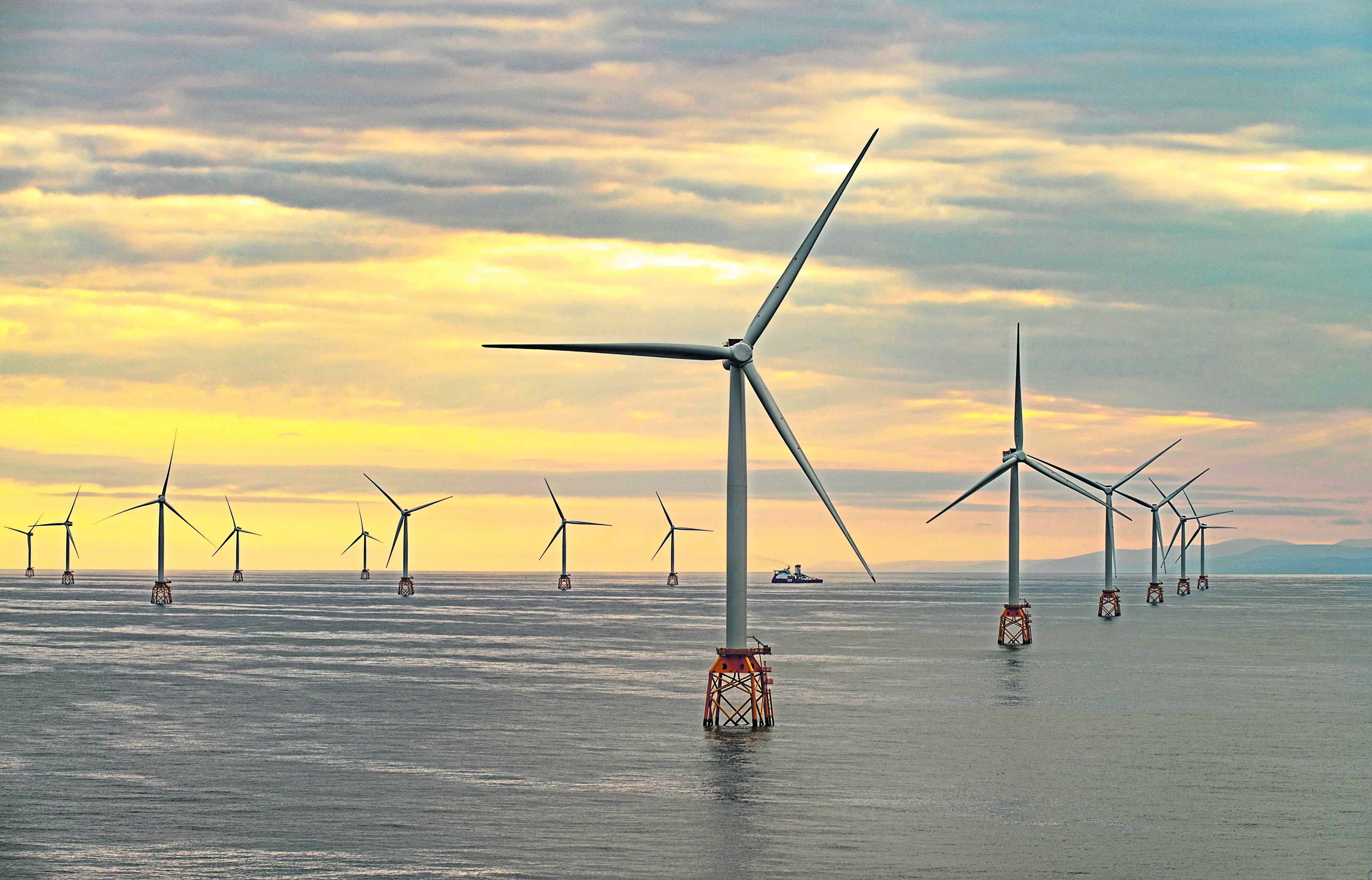
You’ll remember that around the New Year when the 30-year-old UK Cabinet papers were released it was revealed why the then Prime Minister, one M Thatcher, opposed the idea of government investment to help build a gas gathering pipeline network which would have created thousands of new jobs in various plastics and chemical industries.
The reason she gave was that it was up to industry not government to invest in this sort of project. In short it was political dogma not economics that drove her decision and she was wrong.
What’s going to be far more interesting though is to read the cabinet papers referring to the decision to destroy Britoil, which was the UK’s national oil company.
Shutting that down and effectively giving away its assets to BP at a knockdown price was just another example of political dogma winning over economic and industrial strategic good sense and was a ridiculous decision for which the North Sea offshore industry industry and the country is still paying.
Why should I be bringing this up now? Well, because of the news that Shell is closing down its main UK research centre at Thornton and transferring most of the jobs to one of its bases in Germany and other overseas centres.
Shell has, of course, already closed its R&D bases at Sittingbourne in Kent and Egham in Surrey and in 2010 sold its last UK refinery to an Indian company.
Why? Does Shell not like the UK? Is it something we’ve done or said? Is it because our love of the EU is not quite as strong as that of the Dutch?
Some of the staff at Thornton suggested privately to the media that these closures reflected a general reduction in the importance of UK operations at the Anglo-Dutch group since the last British chief executive, Phil Watts, left.
Given the international nature of the oil and gas industry that actually seems a pretty weak excuse. In fact, Shell’s boss Peter Voser is Swiss. I haven’t heard that Shell is shifting any operations to Switzerland.
Given its history and the huge technical and economic successes Shell has had in the UK sector of the North Sea these closures might strike people as being just a tad ungrateful.
We’ve got used to BP behaving like the global company it is and pretending it’s almost anything but a UK company but many of us felt that Shell was genuinely part of the furniture.
In fact, I even have on one of my walls a copy of that wonderful poster “The Brent Field – Shell’s Technology in the Space Age” which shows the Brent field framed against a full moon with a little yellow submarine working around the platforms.
Actually, Shell’s decision is very easy to understand. The simple fact is that whilst Shell purports to be Anglo-Dutch all its decision making is done at its HQ in The Hague.
It’s not interested in what is good or bad for the UK economy. Why should it be? Some of its shareholders will be based in London’s Square Mile, but they’re not going to make a fuss provided they’re still making money.
Shell’s decision will no doubt be a real disappointment to David Willetts – our minister for universities and science – because it’s his ambition that the UK remains a centre of industrial R&D activity.
In a recent speech he even set out plans for Britain to become “the best place in the world to do science”.
The problem with Willett’s laudable ambitions is that he just doesn’t understand that other countries tend to be somewhat more industrially patriotic than we are in the UK.
Shell’s Thornton decision is perhaps witness to that but then so are most major oil companies except perhaps BP.
For example, I’ve often said that most American oil and gas companies act in the interest of the US and are champions for American industry, and French counterparts act in the interest of France and French industry.
It’s also well known that Statoil – the Norwegian majority state-owned company is not just a champion for Norwegian industry but has supported and nurtured Norwegian technologies.
However, if you want a real example of genuine industrial patriotism Petrobras – Brazil’s state owned oil company – recently cancelled a tender to buy 21 offshore drilling rigs, and is now negotiating with two indigenous Brazilian suppliers who will of course build the rigs in Brazil. Earlier, Petrobras signed a separate contract to build seven drilling rigs in Brazil.
Absolutely nothing wrong with any of this of course. In fact, we should applaud it. We should admire the way in which all these companies have had such a positive impact on their national economies and on their indigenous industrial prospects and indeed be asking why we didn’t follow their example.
We should though also be asking if it is too late for us to consider the idea of a new National Oil Company or maybe a National Energy company encompassing oil, gas and renewables. I don’t think so. In fact, as exploiting our hydrocarbon resources efficiently becomes even more important an NOC could be a useful tool.
It could, of course, also be a way of preventing a repeat of the Shell story. It is terrible that our politicians, not the least M Thatcher, didn’t see the value of sustaining rather than killing Britoil in the first place.
Recommended for you
